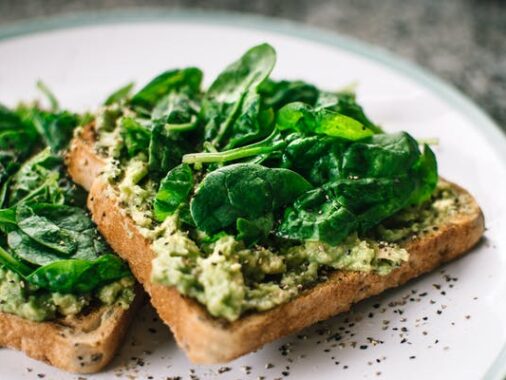Are you looking for a simple, delicious, and incredibly healthy addition to your daily routine? Look no further than the humble salad. In this article, we will explore the numerous advantages of incorporating a nutritious salad into your daily meals. From improved physical health to enhanced mood and better weight management, salads offer a myriad of benefits that might just convince you to become a salad enthusiast.
The Health Boosting Power of Salads
Salads are a nutritional powerhouse. They are loaded with vitamins, minerals, and antioxidants that can bolster your immune system, protect against chronic diseases, and promote overall well-being. By consuming a variety of colorful vegetables and leafy greens, you provide your body with essential nutrients it needs to thrive.
A Nutrient-Rich Daily Habit
Making salads a daily habit ensures a consistent intake of vital nutrients. Regularly consuming a wide range of vegetables and fruits provides your body with a diverse array of vitamins and minerals, helping you meet your daily nutritional requirements effortlessly.
Salads for Mood Enhancement
Believe it or not, what you eat can impact your mood. Nutrient-dense salads contribute to better mental health. The combination of antioxidants and phytochemicals in vegetables can reduce inflammation and oxidative stress, which are linked to mood disorders. A daily salad can leave you feeling more energized and emotionally balanced.
Salad and Weight Management
If weight management is a concern, salads can be your best friend. A salad packed with fiber-rich veggies and lean proteins can keep you full for longer, reducing the temptation to snack on calorie-dense, unhealthy foods. By incorporating salads into your daily routine, you can help control your calorie intake and maintain a healthy weight.
The Art of Crafting a Healthy Salad
Creating a nutritious salad is an art. Start with a bed of leafy greens like spinach, kale, or arugula. Then, add a variety of colorful vegetables such as tomatoes, cucumbers, bell peppers, and carrots. Include a source of lean protein like grilled chicken, tofu, or beans. Don’t forget to add healthy fats like avocado or a sprinkle of nuts or seeds. Finish with a tasty vinaigrette dressing.
A Variety of Ingredients
The beauty of salads lies in their versatility. You can create endless combinations to keep your daily salad exciting. Experiment with different vegetables, fruits, proteins, and dressings to cater to your taste buds and nutritional needs.
Conclusion
Incorporating a healthy salad into your daily routine is a small change that can yield significant benefits. Not only does it provide a wealth of nutrients that support your physical health, but it also contributes to improved mood and better weight management. So, why not make salads a daily habit and reap the rewards of a healthier, happier you?
FAQs about Daily Salad Consumption
Q: Can I use store-bought salad dressings, or should I make my own?
A: While homemade dressings are often healthier, you can choose store-bought options with minimal additives and preservatives. Just check the label for ingredients and nutritional information.
Q: Are there any specific vegetables or greens that I should include in my daily salad?
A: Aim for variety. Include a mix of leafy greens like spinach and kale and a rainbow of colorful vegetables to ensure a broad range of nutrients.
Q: Can I have a salad as a full meal every day?
A: Absolutely! By adding protein sources like chicken, fish, tofu, or beans, you can create a balanced, filling meal that can be enjoyed daily.
Q: Are there any potential downsides to daily salad consumption?
A: While salads are generally healthy, be mindful of high-calorie toppings and excessive use of creamy dressings. Balance is key to avoiding excessive calorie intake.
Q: Can I prepare my salads in advance for the week?
A: Yes, prepping salad ingredients in advance can save time. Just store them separately to maintain freshness and prevent wilting until you’re ready to assemble your daily salad.






